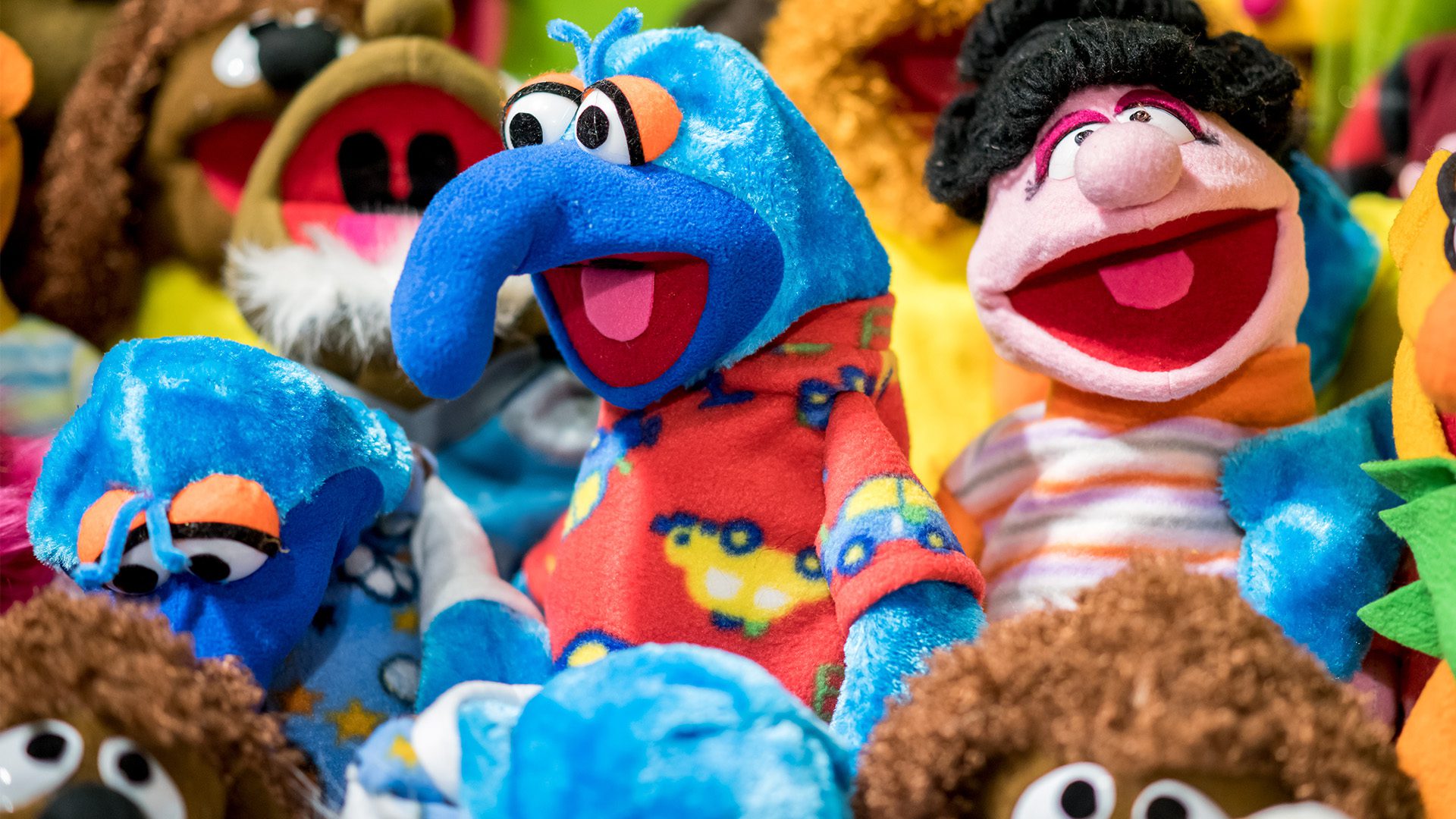Is there room for originality in business? Should CEOs follow tried-and-true patterns or gamble on a more creative approach? When you look at the most successful brands in history, from Apple to Walt Disney, the answer is clear. Originality is the key ingredient that helps your company thrive. Just ask the Muppets creator, Jim Henson.

From Felt To Fame
Puppetry existed for over 3,000 years before Henson broke the mold. Instead of crafting puppets out of standard wood, he used foam and rubber. Rather than strings, Henson relied on rods to move the limbs, and instead of arbitrary movements, he developed precise hand motions for moving each puppet’s mouth. All of these elements fueled Henson’s ambition, and he created something entirely new: the Muppets.
It’s not easy being green — or unique, for that matter. While Henson envisioned the Muppets as “entertainment for everybody,” his ideas were often scorned. Many American networks passed on The Muppet Show because they thought it would only appeal to children. Meanwhile, Saturday Night Live writers declared they wouldn’t “write for felt” when the Muppets appeared on the show. Despite setbacks, Henson refused to allow himself to conform to the expectations of others.

His dedication to “originality in business” paid off when a British network picked up The Muppet Show. The show was enormously popular during its 1976–1981 run. Its vaudeville-style mix of wacky antics and quality humor won the show four Primetime Emmy Awards, including the Outstanding Comedy Series. With beloved movies and guest appearances to follow, the Muppets achieved celebrity status.
Fall From Grace
In May 1990, at the age of 53, Jim Henson passed away unexpectedly from streptococcal toxic shock syndrome. The film and television industry was shocked, and it soon when into mourning. Following the loss of their creator, the Muppets fell into a slump. Attempts to cash in on “Muppet-mania” sent the franchise into a steep decline.

A mess of books, comics, and cartoons flooded the market, along with a string of bad movies. Focused solely on appealing to children, these products were Muppets in name alone. They relied on tired tropes and prized quick production above quality entertainment. The Muppets lost their originality, and audiences lost interest. After the 1999 theatrical release Muppets From Space flopped, it looked as if these beloved characters were finished.
Creativity Rises From The Ashes
In 2004, the Muppets found a new home with the mouse himself. After Disney acquired the rights, they announced a new movie, simply titled The Muppets, to revitalize the brand. How did they hope to boost interest in a franchise with only a cult following at the time? Disney dove back into Henson’s spirit of creativity and paired the 2011 release with extremely successful marketing.
Parody movie posters, featuring iconic Muppets in place of other pop culture figures, became the norm. Miss Piggy appeared as “Bella Swine” on a Twilight parody poster. Meanwhile, the ever-patriotic Sam the Eagle replaced Captain America.
The Muppets have long been celebrated for their music, and Disney didn’t forget about that, either. The House of Mouse released The Green Album, a CD featuring classic Muppet songs performed by today’s popular artists. A music video by the band OK Go, performing the classic theme song from The Muppet Show alongside the Muppets themselves, went viral, racking up over 9.7 million views on YouTube.
While these amazing examples of marketing came long after Jim Henson’s passing, they capture the originality in business that made the Muppets so successful. The Muppets were never meant to be just for children. Henson always knew his Muppets could appeal to audiences of all ages. By tapping into what made people so crazy about the Muppets in the first place, Disney helped bring back that original Muppet charm.
Today, the Muppets are alive and well. The 2011 film made $165.2 million at the box office, over three times its original budget. A sequel, Muppets Most Wanted, came out in 2014, followed by a mockumentary-style sitcom about the Muppets, which aired from 2015 to 2016. The Muppets even have their own star on the Hollywood Walk of Fame.
How To Use Originality In Business
When we think about where creativity belongs in business, it’s easy to assume originality stops at marketing. While a creative marketing campaign can result in great success, there are many other reasons why you need originality in business.
- From a company culture standpoint, encouraging creativity is invaluable when it comes to employee retention.
- When you’re looking at customer retention, creative solutions bring in the best results.
- The average consumer’s attention span is only 8 seconds — shorter than a goldfish! Creativity is how you attract that fleeting attention.
- Rather than hinder productivity, a creative environment actually helps you get more done.
When faced with a challenge, employing creative problem solving can be the fastest way to make better decisions.
Sometimes, we’re led to believe that people are either good at math or art, but never both. We assume creative types are born creative and that the rest of us can never hope to achieve their level of originality. This is far from the truth! Creativity is a tool anyone can develop. When you invest in originality in business, you invest in the future of your company and a legacy you can be proud of.
Henson always put a great amount of faith and love into his work. He proved that a one-of-a-kind brand can reinvent 3,000 years of history. In a world full of doppelgangers and reboots, take a note from Jim Henson. Break from the herd and highlight what makes your business special.
At Newsletter Pro, we’re proud to feature our clients’ originality in every newsletter we print. From covers written in your voice to graphic designs that match your unique branding, we make creativity easy. Mail with confidence, knowing every edition with catch your readers’ attention and keep your company top of mind.






